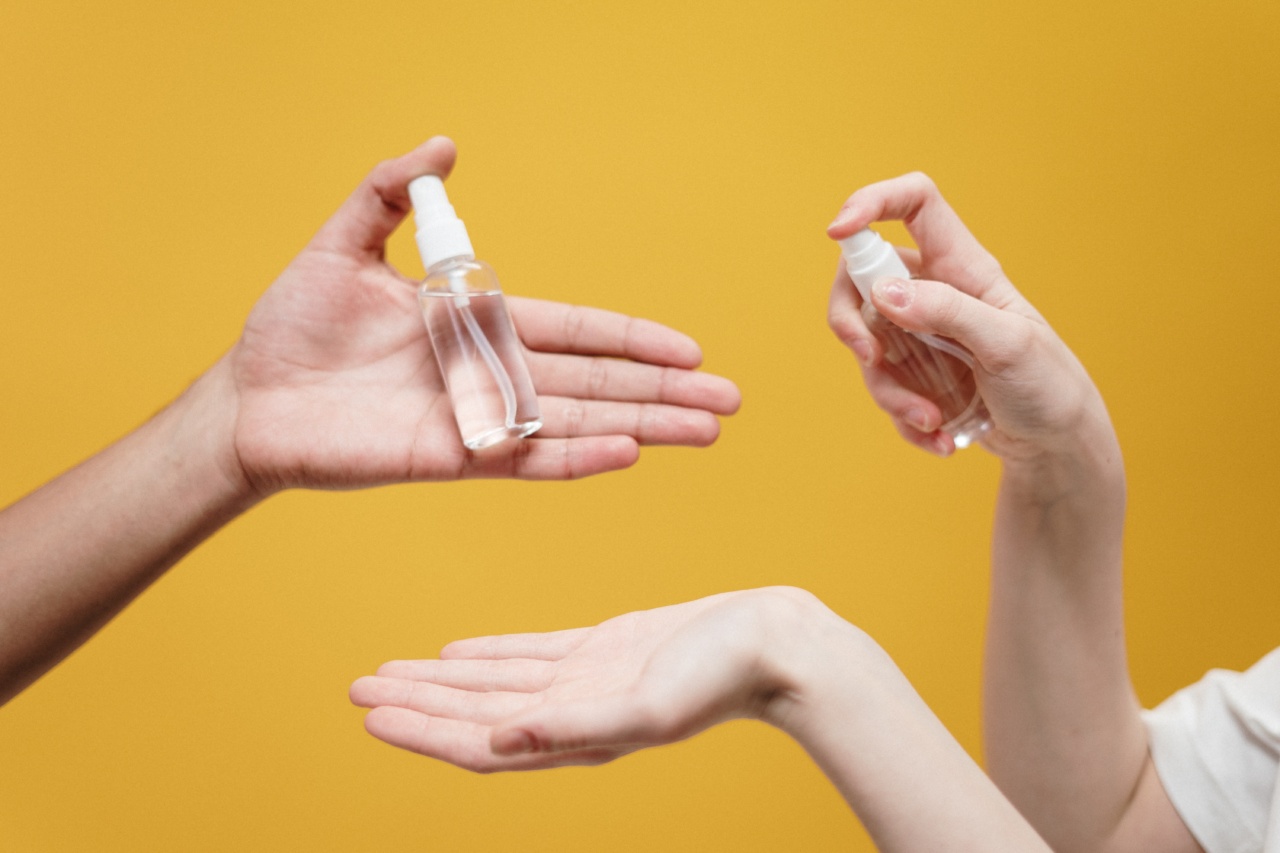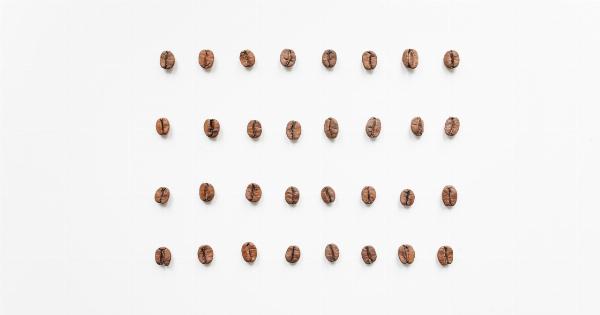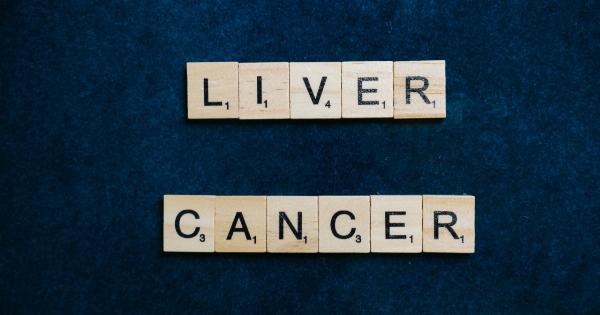For many, the thought of a morning coffee followed by a relaxing nightcap is part of our daily routine.
While we all know that alcohol can have harmful effects on our health, recent studies have revealed that coffee may actually have a protective effect against the damaging impacts of alcohol consumption.
What Happens When We Drink Alcohol?
After consuming alcohol, the body metabolizes the ethanol content through a two-step process. In the first step, an enzyme called alcohol dehydrogenase (ADH) breaks down the ethanol into acetaldehyde, a toxic and carcinogenic substance.
In the second step, aldehyde dehydrogenase (ALDH) further breaks down the acetaldehyde into acetate. If ALDH is not functioning properly, acetaldehyde accumulates in the body, leading to hangover symptoms such as headache, nausea, and vomiting.
The Protective Effect of Coffee
Coffee contains a variety of substances that have been shown to protect against liver damage caused by alcohol consumption.
For example, chlorogenic acid, a polyphenol found in coffee, has been shown to reduce liver inflammation and the risk of liver cancer in animal studies. Caffeine, another major component of coffee, has been found to enhance the metabolism of ethanol, preventing the accumulation of toxic acetaldehyde in the body.
Coffee Reduces Liver Fibrosis
In addition to reducing the immediate harmful effects of alcohol, studies have also shown that coffee consumption can reduce long-term liver damage caused by chronic alcohol consumption.
A study published in the Journal of Hepatology found that coffee intake was associated with a lower risk of liver fibrosis, a condition in which liver function is compromised due to scarring of liver tissue. The study concluded that drinking one or more cups of coffee per day could reduce the risk of developing liver fibrosis by up to 25% in individuals who consume alcohol regularly.
Coffee Enhances the Protective Effect of Exercise
For many, exercise is an essential part of maintaining good health and fitness. Interestingly, studies have found that coffee may enhance the protective effect of exercise against liver damage caused by alcohol consumption.
A study published in the Journal of Applied Physiology found that rats exposed to a combination of alcohol and exercise showed reduced liver inflammation and fat accumulation when they were given caffeine prior to exercise. The study indicates that combining exercise with coffee consumption may be a powerful tool in preventing liver damage caused by alcohol consumption.
Coffee Reduces the Risk of Alcoholic Cirrhosis
Cirrhosis is a serious health condition in which the liver becomes permanently damaged, leading to a range of symptoms such as jaundice, abdominal swelling, and mental confusion. Alcoholism is the leading cause of cirrhosis in developed countries.
However, studies have found that coffee consumption can reduce the risk of alcoholic cirrhosis by up to 80%. A study published in the American Journal of Epidemiology found that drinking four or more cups of coffee per day was associated with the lowest risk of developing alcoholic cirrhosis.
Coffee Reduces the Risk of Liver Cancer
Liver cancer is a serious and potentially deadly condition that can result from years of heavy alcohol consumption. However, studies have found that coffee consumption can reduce the risk of liver cancer by up to 50%.
A study published in the Journal of the National Cancer Institute found that drinking two or more cups of coffee per day was associated with a lower risk of liver cancer in both men and women.
Coffee in Moderation
While the protective effects of coffee against alcohol consumption are promising, it is important to remember that excessive caffeine intake can also have negative health effects.
Additionally, adding sugar and cream to coffee can turn a healthy beverage into a calorie-laden treat, contributing to weight gain and other health issues. As with any food or drink, moderation is key.
Conclusion
While it is never advisable to consume alcohol in excess, recent studies have revealed that coffee consumption may have a protective effect against the damaging impacts of alcohol on the liver.
Coffee contains a number of substances that have been shown to reduce inflammation, scarring, and the risk of liver cancer associated with long-term alcohol consumption. However, it is important to remember that moderation is key, and excessive caffeine intake can also have negative health effects.





























